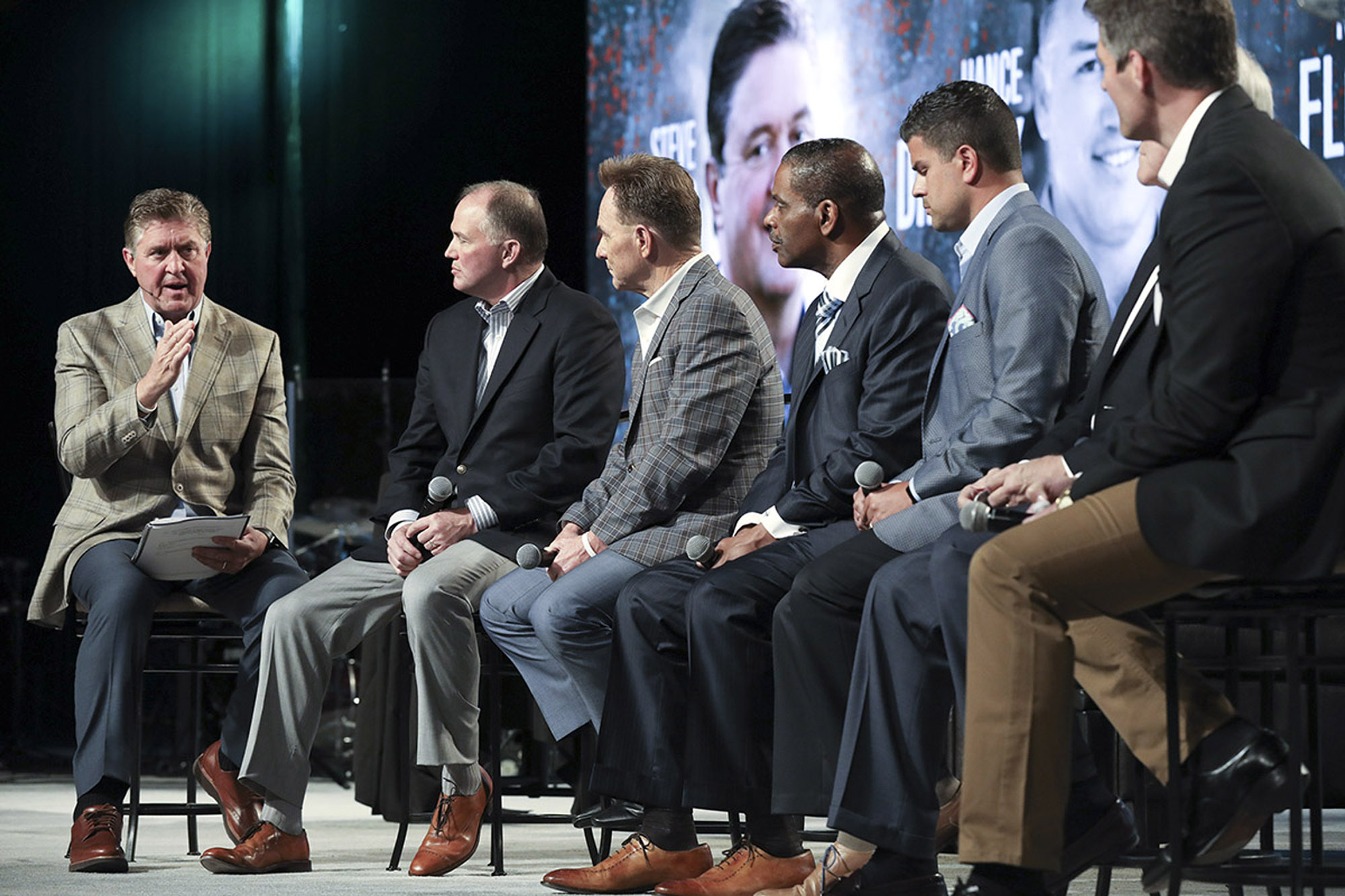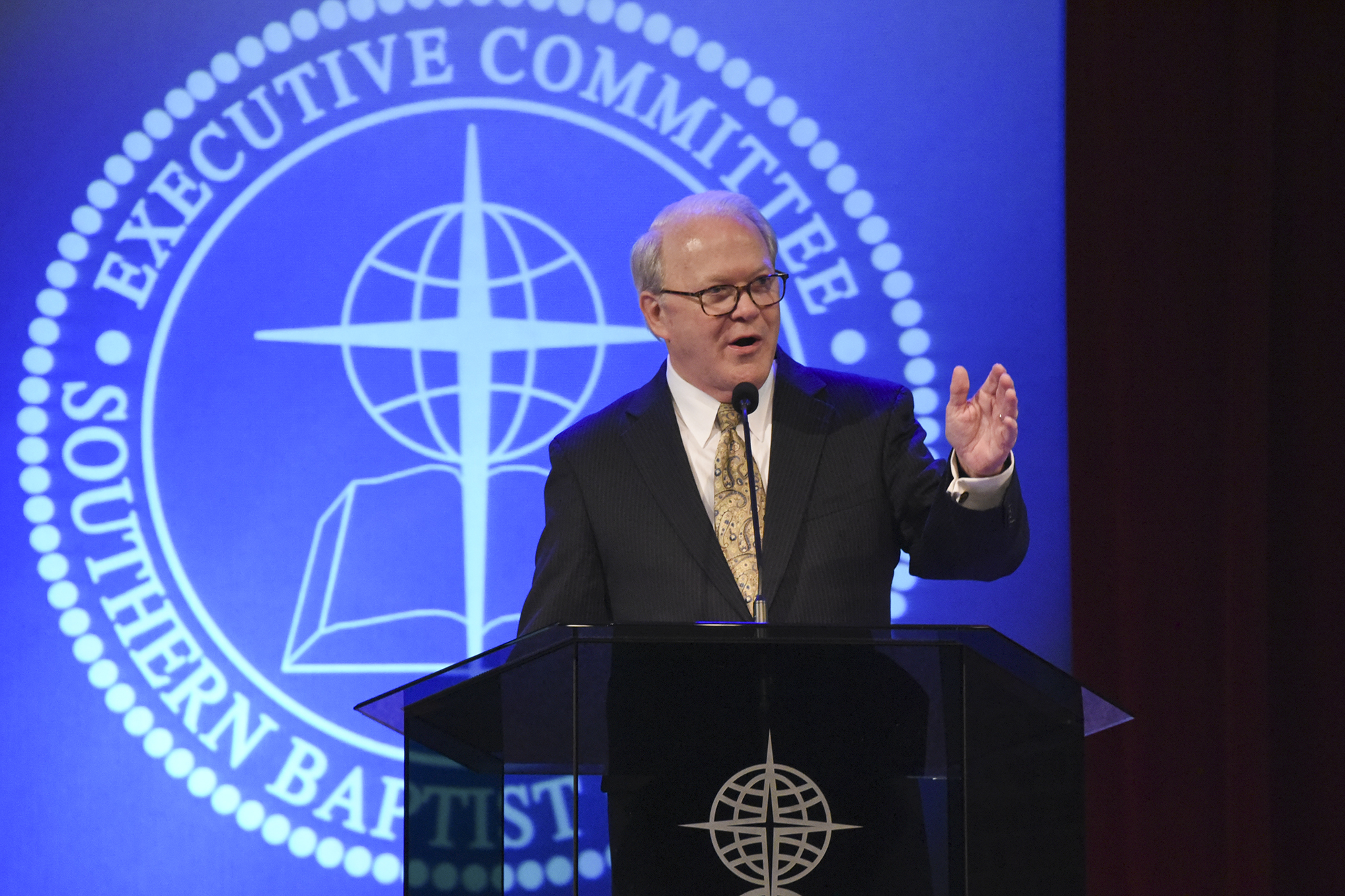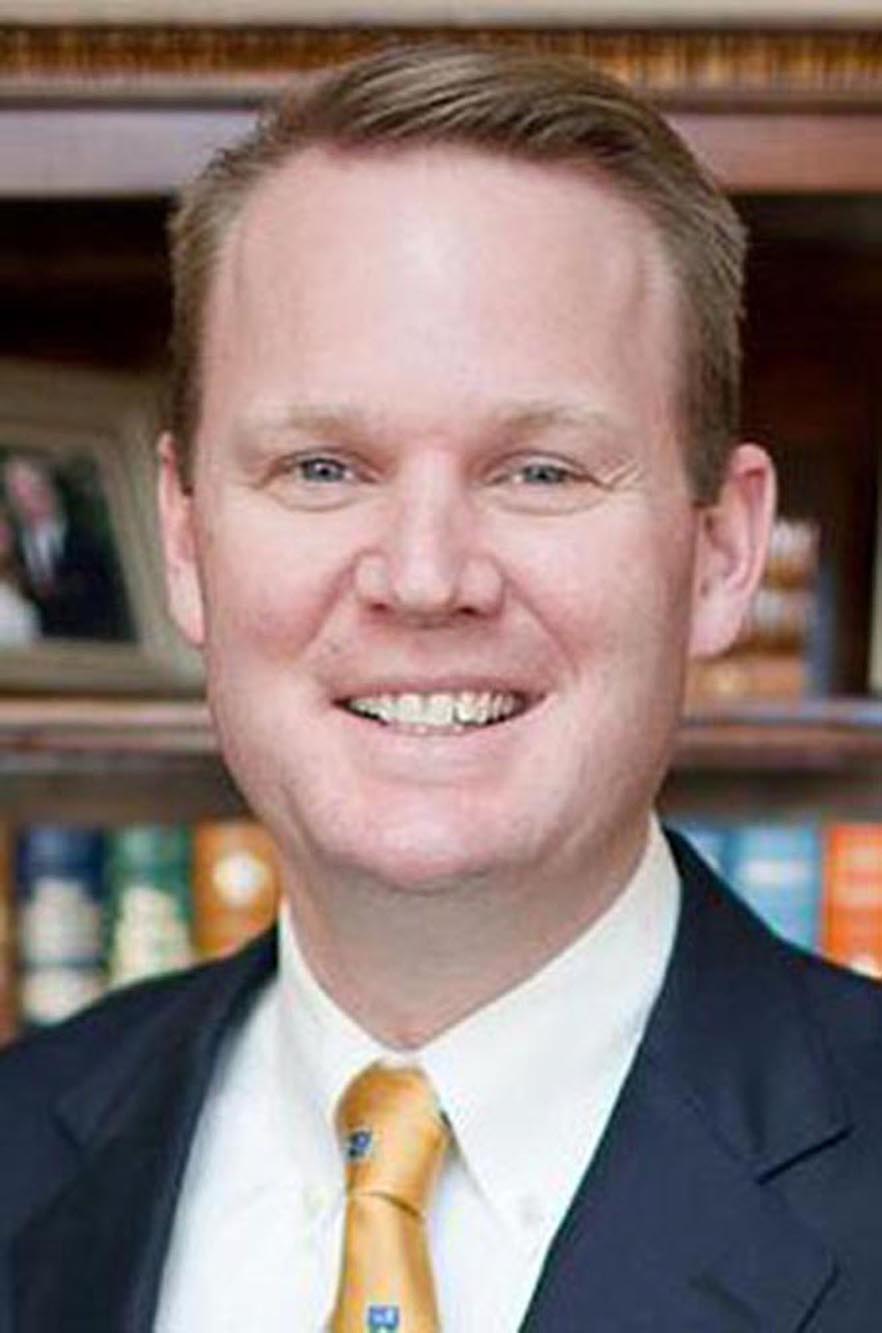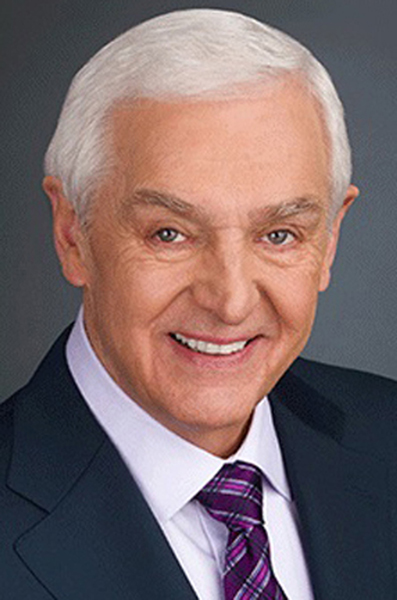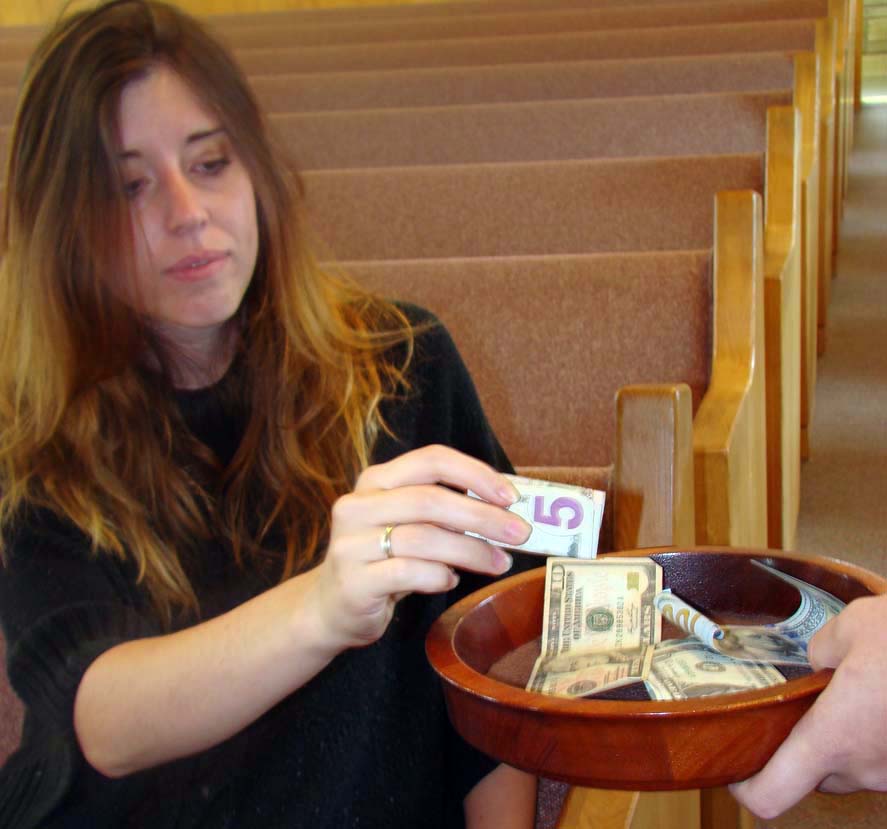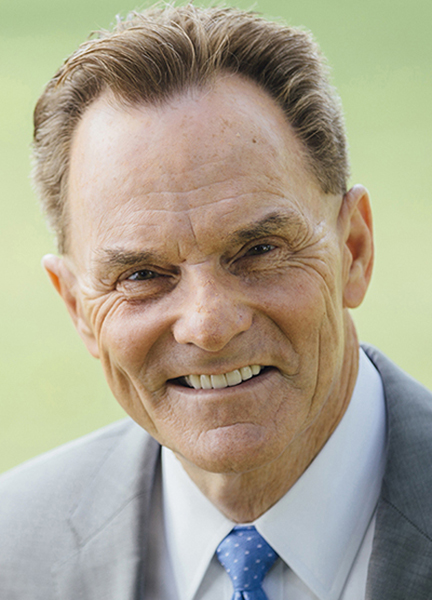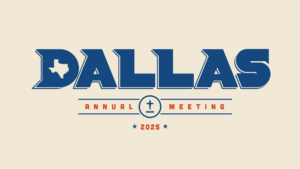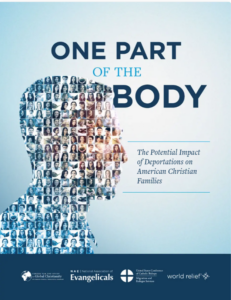
PHOENIX (BP) — Good financial stewardship stems from a right relationship with God, and the Bible has plenty to say about managing God’s resources God’s way, a group of pastors said during the President’s Panel on Stewardship June 14 at the annual meeting of the Southern Baptist Convention in Phoenix.
Led by SBC President Steve Gaines, the panel consisted of Hance Dilbeck, pastor of Quail Springs Baptist Church in Oklahoma City; Jordan Easley, pastor of Englewood Baptist Church in Jackson, Tenn.; Ronnie Floyd, pastor of Cross Church in Springdale, Ark.; Frank Page, president of the SBC Executive Committee; K. Marshall Williams, pastor of Nazarene Baptist Church in Philadelphia; and Chris Brown of Ramsey Solutions in Nashville, Tenn.
In a culture where the average American spends $1.26 for every dollar earned and 70 percent of Americans are living paycheck to paycheck, the church must teach God’s way of handling money because Americans will naturally gravitate toward the world’s way, Brown said.
“The world is doing a great job of teaching their way,” Brown said, adding that God’s way is based on gratitude while the world’s way is tied to entitlement.
Stewardship is about lordship, Dilbeck said, “so when people are struggling with stewardship, there is that sense of a deeper issue about lordship.” He noted that the Apostle Paul teaching on financial stewardship in 2 Corinthians points to the cross.
“He doesn’t talk about money,” Dilbeck said. “He talks to them about what Jesus has done for us on the cross and how we owe Him everything. Oftentimes, I find that people who are struggling with financial stewardship have never really gotten ahold of the lordship of Christ — Him owning everything.”
Williams said he considers believers God’s trustees, and each year he leads his church in a series on stewardship. “Many times people’s hearts are right in their wallets, in their pocketbooks,” Williams said. “I figure if you get the heart, you’ve got the wallet.”
One way to preach about stewardship unashamedly, Floyd said, is to encourage believers through personal testimony. Tell the story of how God impacts individual lives through giving, he said. “It’s grounded in the doctrine of God, that God owns absolutely everything and I own absolutely nothing,” Floyd said.
Easley said that if the Word of God addresses it, the preacher of God’s Word ought to address it. “There’s a lot of things we’d love to avoid, but this is one of those things that I believe as shepherds of hearts we have to teach people how to express love to the Lord,” Easley said. “I believe that giving is attached to the expression of love.”
Page said there’s a fear today based on people saying, “All the church wants is our money.” This can cause pastors, he noted, to shrink back from addressing financial stewardship. But Page uses Scripture to teach people what Jesus said about money, and he tries to get them to understand that he’s not trying to get their money but to help them be free.
“When you start doing what God says, you’re going to experience financial freedom because God’s going to be able to take [your finances] farther than what you were doing with whatever it was you were keeping,” Page said.
Dilbeck said some people have lived so long under the pressure of debt that they’ve come to embrace it as a normal way of life.
“They don’t understand the burden, the way it affects a woman’s sense of security in the home, a man’s sense of respect, and that struggle starts moving to the core,” Dilbeck said. “Some of it is helping people understand there is a different way. They don’t have to live the way the rest of the world is living.”
Tithing is a spiritual discipline, Dilbeck said, such as learning to pray, worship and share the Gospel. “When a child learns to tithe, they’re learning to order their financial life. It’s one of the best things we can do for a young person as we raise them up,” Dilbeck said.
Gaines, pastor of Memphis-area Bellevue Baptist Church in Cordova, Tenn., said his children remember him tearing up credit card applications that would come in the mail.
“Just because they say you qualify doesn’t mean you qualify,” Gaines said. “… If you mortgage the future to pay for the present, you’re in a lot of trouble.”
Page said he grew up in a poor home and was humiliated by calls from debt collectors as a child. He taught his daughters to live by the 80-10-10 principle, which means giving the first tenth of the income to God, saving another tenth and living on 80 percent.
